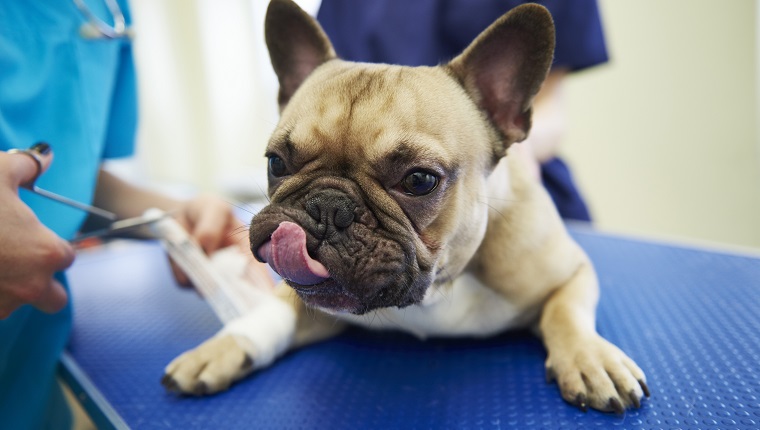Tetanus in dogs refers to a condition caused by toxins produced by a bacteria called Clostridium tetani. The condition can end up affecting the functions of the dog’s spinal cord, brain, and nerves. When this happens, the dog experiences muscle spasms and lockjaw.
Larger breeds of dog, including Labradors and Golden Retrievers, are more likely to…








